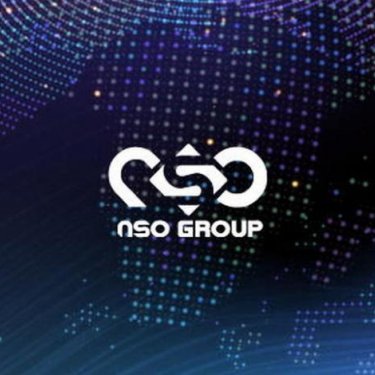El Salvador must investigate use of Pegasus to spy on dozens of journalists

Reporters Without Borders (RSF) calls on El Salvador’s public prosecutor to open an investigation into the use of the Pegasus spyware to hack into the phones of at least 35 Salvadorean journalists. RSF is also providing recommendations to journalists whose phones may have been infected.
According to the findings of an investigation led by the Canadian NGO Citizen Lab that were published on 12 January, the mobile phones of at least 35 journalists with six different Salvadorean media outlets – El Faro, GatoEncerrado, La Prensa Gráfica, Revista Digital Disruptiva, Diario El Mundo and El Diario de Hoy – were infected by means of the Israeli spyware Pegasus from July 2020 to November 2021.
The targets of this spyware, made by the Israeli tech company NSO Group, include the phones of no fewer than 22 journalists working for El Faro, an independent digital newspaper whose investigative reporting is admired throughout Latin America. It is openly critical of the authorities and revealed in 2020 that the government was negotiating a deal with the criminal gang known as Mara Salvatrucha (MS-13).
El Faro editor Oscar Martinez’s phone was hacked 42 times, according to the Citizen Lab report.
“This widespread spying on journalists is extremely serious and fraught with implications for press freedom in El Salvador,” said Emmanuel Colombié, the director of RSF’s Latin America bureau.
“We call on El Salvador’s public prosecutor to open an immediate investigation with the aim of identifying and prosecuting those responsible for this far-reaching case of espionage. We also reiterate our appeal to the Israeli government to impose a moratorium on the export of this kind of spyware until protective legislation can be put in place. Allowing governments to install spyware that in practice is used to spy on hundreds of journalists poses real problem for democracies throughout the world.”
Pegasus can be used to take almost total control of a mobile phone, including its microphone, camera and live communications, and to access all of its messages, including those sent with encrypted messaging apps. RSF urges Salvadorean media personnel to follow its recommendations for journalists who may been Pegasus targets, and to contact Access Now’s assistance service to check whether their phones have been infected by the spyware.
In a statement to the Reuters news agency shortly after the Citizen Lab report’s publication, the Salvadorean government denied being an NSO Group client. But the Salvadorean media that were targeted insist that the government must have been behind the spying.
Ever since he was elected president in 2019, Nayib Bukele’s authoritarian tendencies have been a source of great concern. In September 2020, he accused the main online media of lying, attacking his government and waging a political campaign against him. He avoided giving press conferences during his first few months as president, preferring to use Twitter to harass journalists, denouncing them as “political activists” and blocking some of them on social media.
Following the Pegasus Project revelations in July 2021, RSF joined a coalition of more than 80 NGOs and international experts in calling for European Union sanctions against NSO Group in December 2021.
RSF and two Moroccan journalists also filed a joint complaint with prosecutors in Paris in July 2021 calling on the French judicial authorities to investigate those responsible for spying on the journalists. Another 22 journalists from a total of 10 countries who had been or may have been Pegasus targets added their names to the complaint during the following six months.
El Salvador is ranked 82nd out of 180 countries in RSF's 2021 World Press Freedom Index, eight places lower than in 2020.



